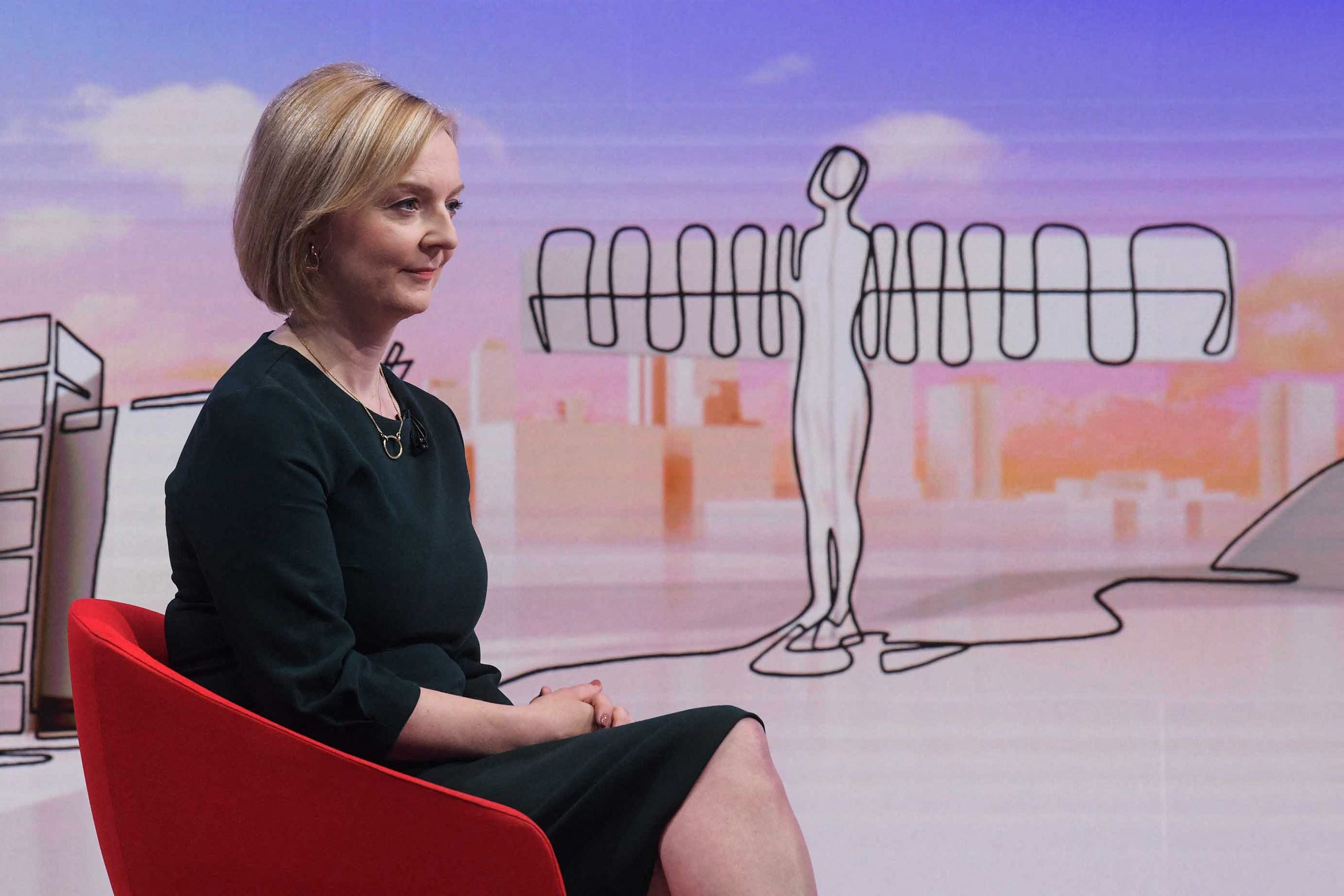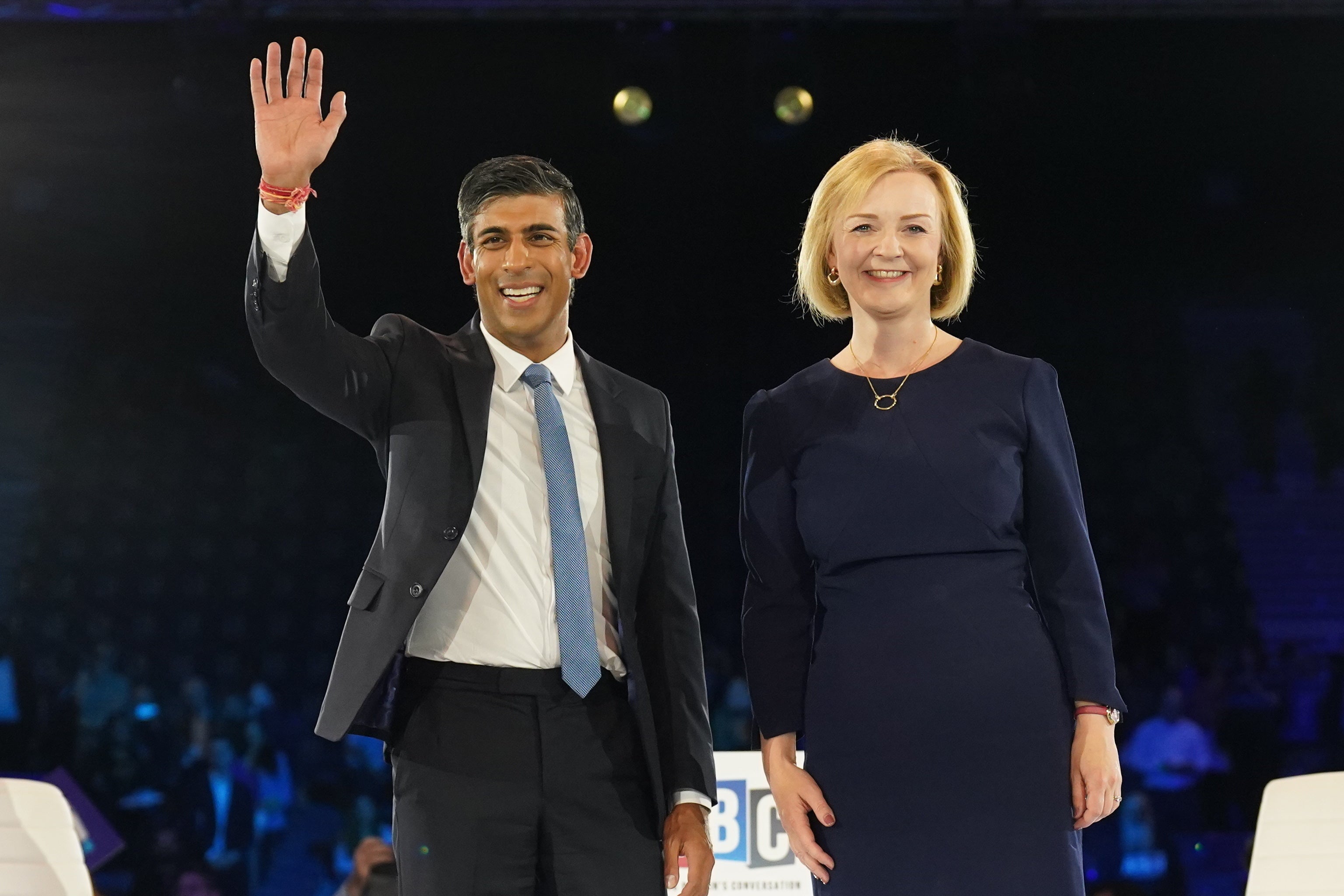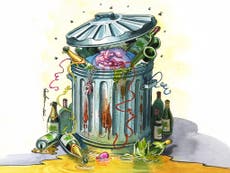Kwarteng insists Truss would be ‘fiscally responsible’ as PM as he seeks to reassure markets
Kwasi Kwarteng is tipped to be Britain’s next chancellor
Your support helps us to tell the story
From reproductive rights to climate change to Big Tech, The Independent is on the ground when the story is developing. Whether it's investigating the financials of Elon Musk's pro-Trump PAC or producing our latest documentary, 'The A Word', which shines a light on the American women fighting for reproductive rights, we know how important it is to parse out the facts from the messaging.
At such a critical moment in US history, we need reporters on the ground. Your donation allows us to keep sending journalists to speak to both sides of the story.
The Independent is trusted by Americans across the entire political spectrum. And unlike many other quality news outlets, we choose not to lock Americans out of our reporting and analysis with paywalls. We believe quality journalism should be available to everyone, paid for by those who can afford it.
Your support makes all the difference.Business secretary Kwasi Kwarteng, who is expected to be Britain’s next chancellor, says Liz Truss will not blow a hole in public finances as he strived to reassure markets ahead of the results of the Tory leadership race.
The ally of Ms Truss said the Treasury’s fiscal framework will be reviewed soon “given the severity of the economic shocks we face”.
Writing in theFinancial Times, Mr Kwarteng said the new administration would “act in a fiscally responsible way”, even though there will need to be “some fiscal loosening”.
If elected, Ms Truss - who is expected to be confirmed as the winner of the leadership race on Monday - has promised to launch “action on energy bills and energy supply” straight away.
Mr Kwarteng said he would assess the key fiscal rule that debt should be falling as a proportion of the national income in the third year of the forecast to ensure it still worked for the economy.

“Given the severity of the crisis we face there will need to be some fiscal loosening to help people through the winter,” Mr Kwarteng wrote in the FT.
He said Britain could afford to borrow more adding that, among G7 countries, only Germany had a lower debt-to-GDP ratio.
He continued: “Liz is committed to a lean state and, as the immediate shock subsides, we will work to reduce the debt-to-GDP ratio over time.”
Ms Truss’s other policies include cutting taxes, which both she and Mr Kwarteng say will stimulate growth.
The FT has calculated that rising inflation, the soaring cost of government debt and Ms Truss’s promises on defence spending and tax will cause a £60bn hole in public finances.
Rishi Sunak, running against Ms Truss for the Conservative leadership and former chancellor, says his rival would “pour fuel on the fire” of inflation.

He argued Ms Truss’s plans could unsettle the markets due to the need to borrow tens of billions to fund tax cuts.
The financial markets have looked at the promises made by the two contenders to become the next prime minister and they are worried,the Independentreported on Sunday. The are especially concerned about Liz Truss as she is the frontrunner.
Evidence for this includes the plunge in the pound last week, the surge in gilt yields, and the extent to which the shares of domestically-oriented mid-cap British companies have been downgraded vis-a-vis their larger counterparts that rely more on global markets than the domestic one.
The pound is now down close to its lowest against the dollar for 30 years, and the bank HSBC believes it will go lower. It has just had the worst month since the Brexit referendum, and there is even talk of it going to parity with the dollar.
That has never happened before. The lowest it has ever been was on 25 February 1985, when it fell to $1.054.
The result of the seven-week Tory leadership race will be announced on Monday lunchtime.




Join our commenting forum
Join thought-provoking conversations, follow other Independent readers and see their replies
Comments